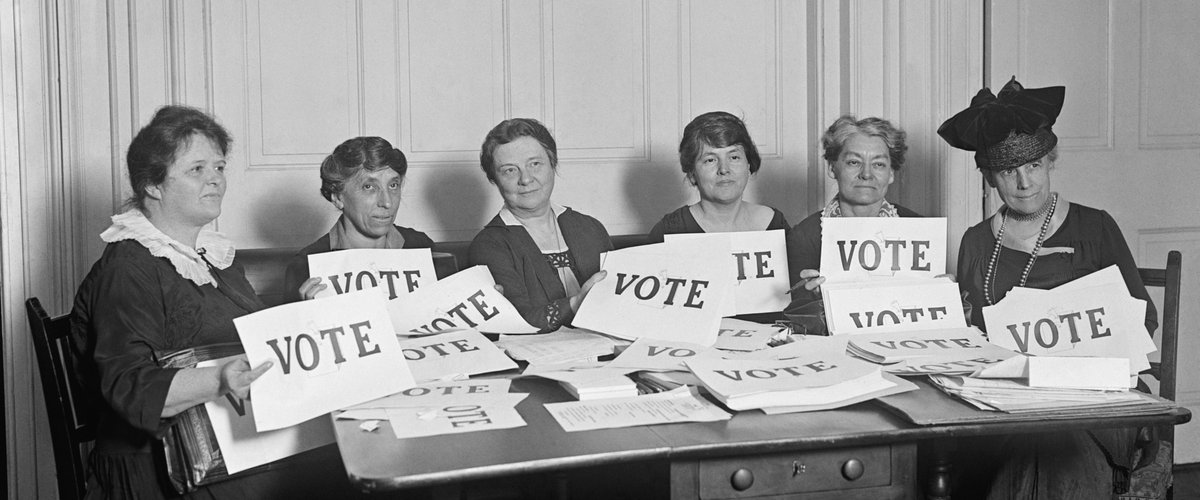- DURATION 6 x 60 mins
Event Description
Throughout history women have resisted societal demands to recognise they were second-class citizens and know their place, stay at home and stay quiet. While we know a number of famous names there are thousands more whom we have never heard of. Women who have stood in the greatest and the smallest houses in the land to be heard, some have even turned away from society and preferred prison to a woman’s life, some defied accusations of immorality to carry on working alongside men. This series will look at just a few of those women and their extraordinary lives.
1) Forgotten women who made a stand (17th May)
In 1908, as the police battled with the suffragettes outside the House of Commons, one woman slipped past them and entered that hallowed hall of men, and made a speech. It was the first speech by a woman in the House of Commons – so why isn’t it in the history books? Six years later, the Gowerton Hermit refused to be put into a home so the authorities burnt her house to the ground. From the greatest House in the land to the smallest, these women made their stand.
2) Notorious women (24th May)
For some women in the 19th-century life was so hard they turned to drink and spent their lives in and out of jail. Their names became known throughout the country, several famous campaigners for women’s rights tried to save them, but as their infamy grew the media ran league tables on them for the amusement of their readers.
3) Tip girls (31st May)
In 1842 the British government banned women from working underground in mines. When they moved to surface work they were hounded by social reformers, branded immoral, and criticised for ruining men. With little alternative employment available the women stood their ground and refused to give up work even marching on Parliament to fight for their jobs.
4) She made a better ship's boy than many (7th June)
In 1902 a ship’s boy was arrested in Bristol when it was realised he was a girl, and Esther McEwan was put in the dock - but the magistrates could not find a suitable charge against the sailor. McEwan was one in thousands of women who put on men’s clothes and served alongside men as sailors without anyone knowing. Why did they do it?
5) The forgotten poetess (14th June)
During the English Civil War, a well-known poetess Katherine Phillips created controversy as she wrote openly against Cromwell’s rule, putting herself and her family at risk. When Charles II gained the throne, her husband was now at risk and it was left to Katherine to save him. She was one of the most well-known poets of her period, but why is she so little-known today?
6) The Unfrocked Woman (21st June)
Whenever women attempted to divorce themselves from their ‘proper’ roles in society, they were assailed with descriptions of ‘masculine’ and ‘unnatural’, that they had ‘unsexed themselves’ and were ‘creatures’. All of the women in this series had suffered these criticisms. This last episode looks at how closely tied their efforts were to either figuratively or actually, wearing the trousers; and as the bloomer costume took hold at the end of the nineteenth century all these women’s fights became encapsulated into one aim - the right to wear trousers. It was at this point that women’s emancipation really began.
- Duration: 6 x 60 mins
- Online Zoom event: Join from your computer, phone or tablet (no replay available)
Norena Shopland is an author/historian specialising in the history of sexual orientation and gender identity. Her book Forbidden Lives: LGBT stories from Wales (Seren Books, 2017) is the first completely historical work on Welsh LGBTQ+ history. Queering Glamorgan and A Practical Guide to Searching LGBTQIA Historical Records (Routledge, 2020) have become very popular as toolkits to aid people in doing research. In 2021 Shopland was commissioned by the Welsh Government to deliver LGBTQ+ training to local libraries, museums, and archives in Wales. Her latest book is A History of Women in Men’s Clothes: from cross-dressing to empowerment (Pen and Sword Books, 2021).
Preparing for the Event
For the best experience, you will need to have Zoom downloaded onto your computer. Please ensure you're connected to broadband/wifi rather than using your mobile phone connection (3G/4G).
We also recommend that pets are either calmly sitting on your lap or in another room, and any refreshments you may require are within your reach!
More Information
What if I can’t make the event?
If a recording’s available for the event, you can still register for it and we will send you an email with a link to a recording shortly after it ends.
Will my camera be on and will I be visible to the other people?
Your camera and microphone does not need to be on for you to enjoy the event. The choice about whether to do this is completely yours.
How do I watch the live event?
Rest Less events are hosted on Zoom, a computer application that allows you to attend online events just by clicking a link. For detailed instructions, please go to our "FAQ" page, which you can find a link to in the nav bar at the top of the page.
How do I sign-up for and access the recording? (Recorded events only)
Book the event as normal (as if you are attending live). After the event ends you will automatically receive a post-event email with a link to the recording, as long as the event was recorded. You do not need to do anything else and there is no separate booking process for recordings only. Please note it can take up to 24 hours for Zoom to process recordings.

